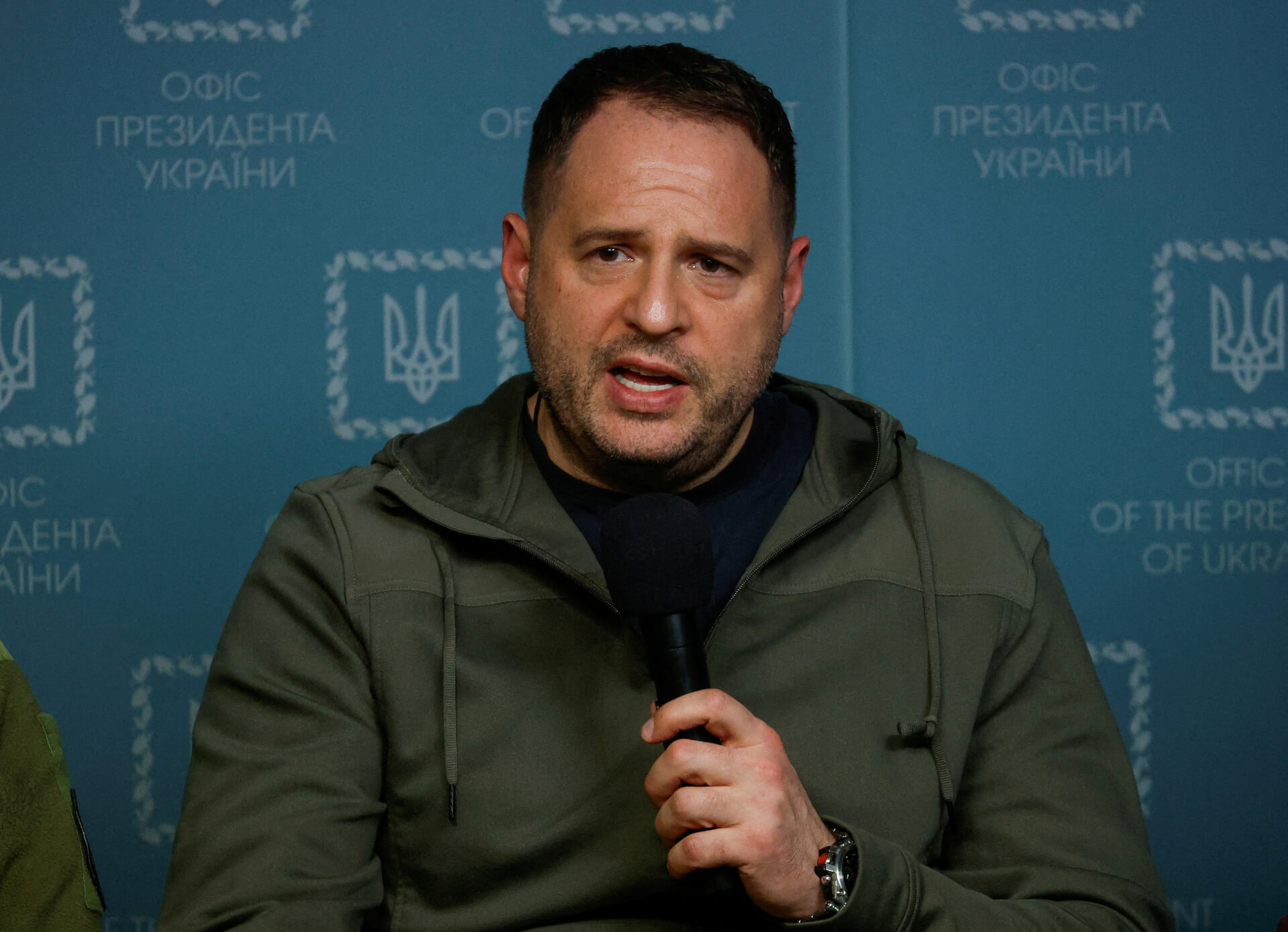In a phone call with Indian National Security Advisor (NSA) Ajit Doval, the Head of the Office of the Ukrainian President, Andriy Yermak, said that Kyiv expects New Delhi to participate in its peace formula.
Peace Formula as a Relevant Solution
Citing “recent events,” Yermak said Ukraine’s Peace Formula is “more relevant than ever” for the international community. He discussed preparations for the Global Peace Summit and highlighted the need to “involve the widest” set of countries, particularly the Global South.
He said Kyiv was looking to “prepare the Global Summit on the implementation” of the Peace Formula.
According to the Ukrainian Presidential Office’s release, Yermak told Doval, “We expect India to take part in it.” The communication was made to “coordinate” the agreements reached between Ukrainian President Volodymyr Zelensky and Indian PM Narendra Modi during their meeting on the sidelines of the G7 Hiroshima Summit, in Japan, in May.
Ukraine's Andriy Yermak- India's NSA Ajit Doval hold halk
— Sidhant Sibal (@sidhant) June 14, 2023
Key focus according to Ukraine Readout:
-Ukrainian Peace Formula
-India's presence at Global Peace Summit
-Kakhovka hydroelectric power plant incident
-Situation at frontline https://t.co/ELeS95s9XV pic.twitter.com/02LXYBPQcX
The conversation was largely focused on “the consolidation of international support for the Ukrainian peace plan and the possibility of India joining the implementation of its individual points.”
Current Situation in Ukraine
Yermak further informed Doval on the current situation in Ukraine, including Russia’s “ongoing missile and drone terror against peaceful Ukrainian cities and civilians.”
To this end, he highlighted the “catastrophic environmental and humanitarian consequences” of Russia’s “act of terrorism” against the Kakhovka hydroelectric power plant.”
The collapse of a structure at the southern point of the Kakhovka Reservoir, which was deliberately destroyed, resulted in a sudden and massive release of water. Earlier this month, the UN warned about the potential spread of diseases and hazardous chemicals and the risks associated with exposed floating mines due to the flooding.
On this incident, Yermak told Doval that the incident was a “deliberate terrorist act and another war crime.” He added that the reservoir’s destruction was “one of the largest modern crimes of ecocide.” It also caused a nuclear accident threat at the Zaporizhzhia power plant, the largest in Europe.
Following the implementation of the agreements reached by @ZelenskyyUa as a result of negotiations with Prime Minister of India @narendramodi, had a telephone conversation with National Security Adviser to Prime Minister of India Ajit Kumar Doval. pic.twitter.com/hHYoyqrKig
— Andriy Yermak (@AndriyYermak) June 13, 2023
Against this backdrop, Yermak called for decisive and urgent action to “neutralise” the global challenges.
In this regard, he urged India to “join the international community in its efforts to eliminate the consequences of this man-made disaster.”
Since Russia’s war in Ukraine began, India has maintained a neutral stand and refused to condemn Moscow’s actions. However, it has reiterated its support for peace and diplomacy.

